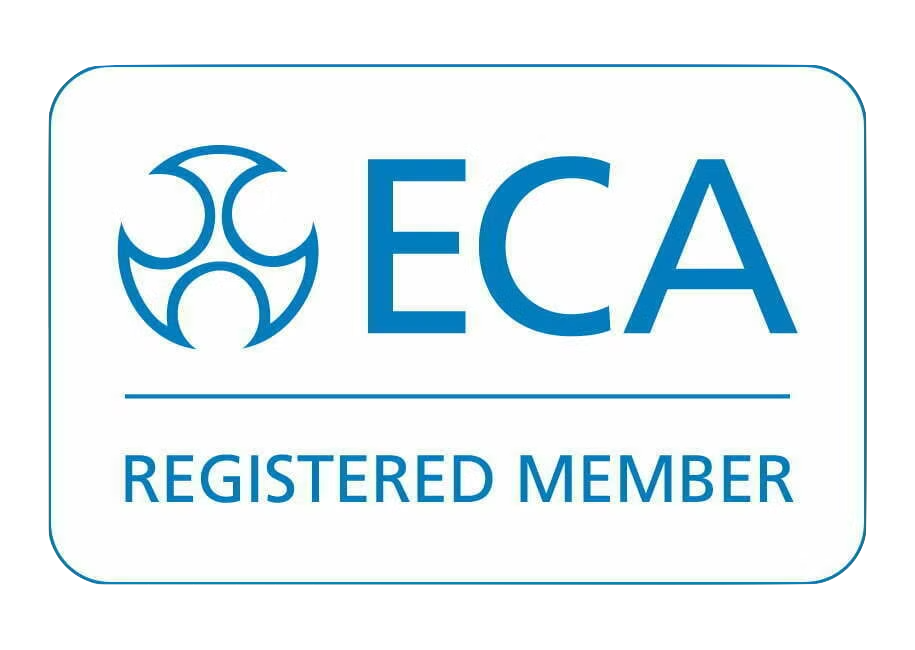What Landlords Need to Know About Electrical Safety Requirements
If you’re a landlord in the UK, keeping your rental property safe isn’t just good practice—it’s the law. Electrical safety is one of the most important responsibilities you have, and failing to meet legal requirements can lead to fines, invalid insurance, or even prosecution.
So, what exactly are your duties, and how can you make sure your property is compliant? Here’s a clear breakdown of what landlords in 2025 need to know.
1. Electrical Safety Standards Are a Legal Requirement
Since July 2020, it’s been a legal requirement for landlords in England to ensure the electrical installations in their properties are safe. This includes:
⚖️ The Electrical Safety Standards in the Private Rented Sector (England) Regulations 2020 apply to:
- All new tenancies from 1 July 2020
- All existing tenancies from 1 April 2021 onwards
📃 What the law requires:
- An Electrical Installation Condition Report (EICR) must be carried out at least every 5 years
- You must provide a copy of the report to your tenants within 28 days
- You must also give a copy to the local authority if requested
2. What Is an EICR and Why Is It Important?
An EICR is a formal document issued following a detailed inspection and testing of your property's electrical system by a qualified and registered electrician.
The report will highlight:
C1 issues – Immediate danger (requires urgent action)
C2 issues – Potentially dangerous (needs improvement)
C3 issues – Improvement recommended
⚠️ If any faults are found, they must be repaired within 28 days (or sooner, depending on severity), and proof of the work must be provided.
3. Appliances: PAT Testing and Landlord Responsibility
If you provide electrical appliances as part of your tenancy (e.g., kettle, microwave, fridge), you are responsible for ensuring they are safe.
🧰 While Portable Appliance Testing (PAT) is not legally required, it is strongly recommended and often expected by letting agents and insurers.
✅ Label appliances with the last PAT test date
✅ Replace or remove damaged or non-compliant items
4. Common Electrical Safety Pitfalls to Avoid
❌ Relying on visual checks only – faults aren’t always visible.
❌ Using unregistered electricians – work must comply with Part P of the Building Regulations.
❌ Not acting on EICR findings – ignoring faults can lead to legal consequences.
📋 Make sure all work is carried out by a NICEIC or NAPIT-registered electrician, and keep records of any maintenance or repairs.
5. Safety Upgrades That Benefit You and Your Tenants
Landlords who go above the minimum standards stand to benefit from:
🏠 Happier, safer tenants
💷 Fewer emergency call-outs and costly repairs
📈 Higher property value and appeal
Let Crannis Technology Services Ltd Help You Stay Compliant
At Crannis Technology Services Ltd, we support landlords across Swindon with:
✔️ Professional EICRs
✔️ Prompt repairs following safety reports
✔️ PAT testing and landlord advice
✔️ Full rewires and consumer unit upgrades
📞 Contact us today to ensure your rental property is electrically safe and fully compliant—because peace of mind matters.




